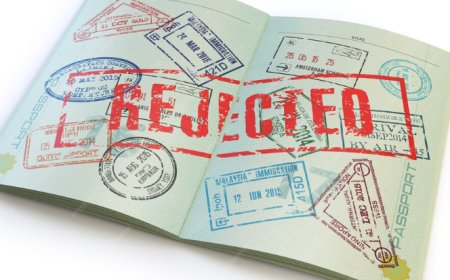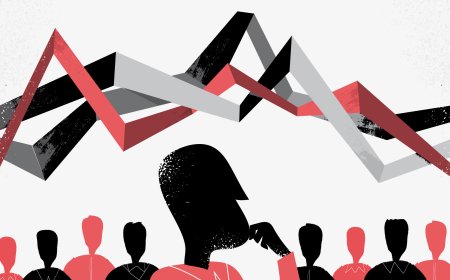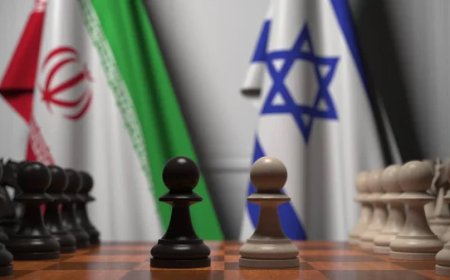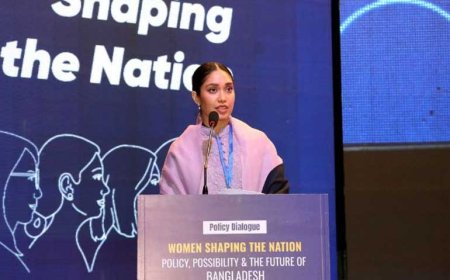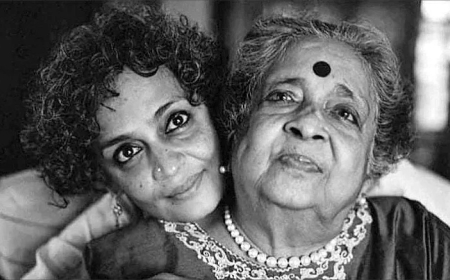Looking at the July Charter and What Comes Next
What many observers miss in the drama surrounding the NCP boycott is the fact that the July Charter still represents a significant step along the way to implementing lasting reforms to Bangladesh’s broken political system.

October 17 marked another important milestone in Bangladesh’s democratic journey, as members of the July Coalition who overthrew Sheikh Hasina’s autocracy signed the historic July Charter in front of the National Parliament building.
The event was not without some drama, as the National Citizens Party (NCP) declined to sign the Charter, arguing that it had not gone far enough and that necessary steps to ensure its implementation had not been taken.
There were also some clashes with demonstrators on the outskirts of the event, adding a figurative dark cloud to the literal ones that surrounded the ceremony.
What many observers missed in the drama surrounding the NCP’s boycott, however, was the fact that the July Charter still represents a significant step along the way to implementing lasting reforms to Bangladesh’s broken political system.
After all, by signing onto the Charter other major political parties, to include the Bangladesh Nationalist Party (BNP) and the Bangladesh Jamaat Islami (BJI) publicly committed to the reforms contained therein -- even considering the dissents that had been lodged.
The NCP’s stance did not reflect a rejection of these reforms, but rather a belief that the reforms had not gone far enough. This is a crucial distinction.
As such, taken as a whole the July Charter represents a new beginning for Bangladesh’s political system. While there is much more that will need to be done by the elected government, this is a worthwhile step in the right direction.
When considering the process that led to the July Charter, it is worth considering the alternatives.
While the Interim Government could have chosen to simply rule by fiat and push through the reforms it thought necessary, there would have been little guarantee that these changes would survive past the election period.
This was the lesson from the 2007-08 interim period, when Sheikh Hasina demonstrated that her verbal commitments to reform could not be trusted.
Another alternative would have been to forego any effort at reform and simply hold elections within a minimal period of time.
This would have left the fate of reform solely to the discretion of the victors, who would have had to decide whether to then take any steps which would amount to voluntarily limiting their own powers.
History has amply demonstrated the slim chances of this having taken place.
With these alternatives, the Interim Government reasonably selected a middle ground -- attempting to form a consensus over reforms and getting the parties to publicly commit to them prior to elections.
History will judge whether the benefits of the reforms enshrined in the July Charter and those other reforms that have taken place outside this framework justified the 18-month delay in holding elections following Hasina’s resignation.
At worst, critics may conclude that the interim period represented an unnecessary delay in returning to a democratic path and resulted in opportunity costs to the economy and the country as it awaited more stable governance.
At best, the interim period will come to be seen as a necessary pause before a democratic reset in which the political parties and the country were able to prepare for the return of an elected government within an improved system.
The next elected government may also find itself grateful for the steps taken by Chief Advisor Yunus and his colleagues to stabilize the economy, begin the accountability process, and restore Bangladesh’s international standing and relationships.
With the July Charter signed, there are no remaining obstacles to holding national elections in February. BNP Acting Chairman Tarique Rahman’s anticipated return in November will serve as the unofficial kickoff to the campaign season. Jockeying between political parties will continue, as leaders debate forming electoral alliances and select candidates to take part in the polls.
While forces allied to Hasina’s former regime will try to disrupt the polls and suppress turnout, the Interim Government and its allies have the advantage of an electorate which is eager to exercise its right to vote. The main challenge for Chief Advisor Yunus and members of the July Coalition will be to create the “festive” electoral environment which they have promised the people.
In my view, future generations will look back favorably on the Interim Government and will recognize the significance of October 17. They will also acknowledge their debt to those who not only fought together to bring down the Hasina regime, but to those who subsequently devoted so much to helping to put Bangladesh onto a better path.
Success is never guaranteed, but the architects of the July Charter have performed a valuable service in increasing the odds of Bangladesh 2.0 becoming a reality.
What's Your Reaction?














